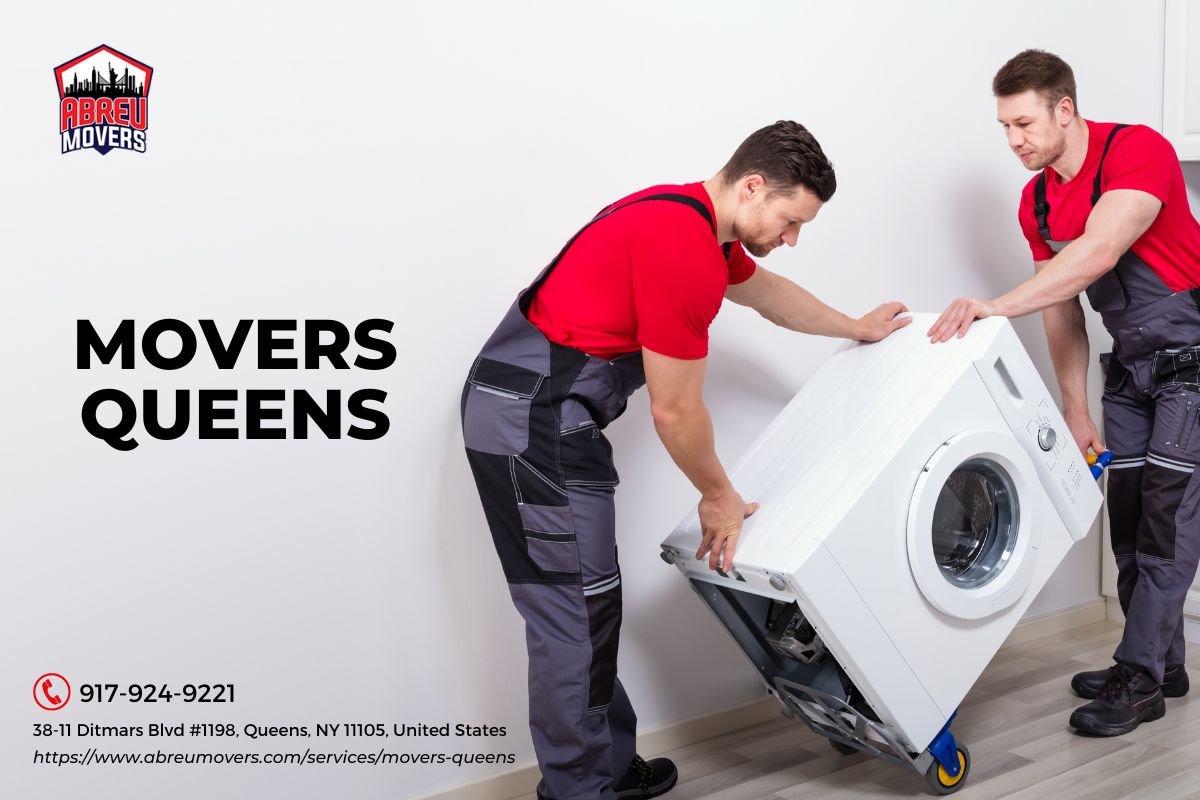


Introduction
Moving to a new place can be an exciting adventure, but it can also be quite stressful. From finding the right movers and packers to organizing and packing your belongings, there is a lot to consider. However, with the right planning and preparation, you can have a smooth and budget-friendly move. In this article, we will share essential packing tips that will help you save money while ensuring your belongings are packed securely.
Essential Packing Tips for a Budget-Friendly Move
Declutter Before You Pack Before you start packing, take the time to declutter your belongings. Get rid of items that you no longer need or use. Selling or donating these items will not only reduce the number of things you need to pack but also help you make some extra cash or give back to the community.
Create a Packing Schedule Creating a packing schedule will help you stay organized and ensure that everything gets packed in time for moving day. Break down your packing tasks into manageable chunks and assign specific days or weeks for each room or category of items.
Gather Packing Supplies To save money on packing supplies, start by asking friends and family if they have any spare boxes or packing materials. Alternatively, check with local businesses such as grocery stores or liquor shops that may have empty boxes they can give away for free.
Use Alternative Packing Materials Instead of purchasing expensive bubble wrap or packing peanuts, use alternative materials like newspapers, towels, or clothing to protect fragile items during the move. This not only saves money but also reduces waste.
Label Everything Labeling your boxes is crucial for an organized move. Clearly mark each box with its contents and the room it belongs to. This will make unpacking much easier and save you time and effort in the long run.
Pack Heavy Items in Small Boxes When packing heavy items such as books or kitchen appliances, use smaller boxes. This will make them easier to carry and prevent the boxes from becoming too heavy, which could lead to accidents or injuries during the move.
Maximize Space Make the most of the space in your boxes by packing strategically. Fill any empty gaps with smaller items or clothing to avoid wasting space. Additionally, consider using vacuum-sealed bags for bulky items like bedding and clothing to reduce their size.
Protect Fragile Items Fragile items require extra care during a move. Wrap them individually with newspaper or bubble wrap and label the boxes as "fragile." Place these boxes on top of other items in the moving truck to minimize the risk of damage.
Take Photos of Electronic Setups Before disconnecting any electronics, take photos of how they are set up. This will make it easier for you to reconnect them correctly in your new home, saving you time and frustration.
Pack an Essentials Box Prepare an essentials box that contains all the items you will need immediately upon arrival at your new home. This could include toiletries, a change of clothes, important documents, and basic kitchen supplies. Keep this box easily accessible for convenience.
Wrap Drawers with Plastic Wrap Instead of emptying out your drawers and packing each item separately, keep everything in place by wrapping the entire drawer with plastic wrap. This will save you time when unpacking as you can simply remove the plastic wrap and put the drawer back in its place.
Use Suitcases and Bags as Packing Containers Take advantage of suitcases and duffel bags by using them as packing containers for clothing, shoes, or bedding. This not only saves money on additional boxes but also makes it easier to transport these items.
Secure Liquids To avoid spills and leaks during the move, make sure to secure any bottles containing liquid. Place plastic wrap over the opening of each bottle and screw the cap tightly. Then, place them in sealable bags for extra protection.
Disassemble Furniture If possible, disassemble large furniture pieces to save space in the moving truck. Keep all screws and bolts together in a labeled bag and tape it securely to the furniture piece they belong to. This will make reassembling much easier.
Protect Mattresses Invest in mattress covers or use old bed sheets to protect your mattresses during the move. This will prevent them from getting dirty or damaged while being transported.
Pack Seasonal Items Separately If you are moving during a particular season, pack seasonal items separately. For example, if you are moving during winter, pack your summer clothing and accessories separately so that they don't take up unnecessary space in your new home right away.
Inform Utility Companies Ahead of Time Make sure to inform your utility companies of your move well in advance. This will help avoid any unnecessary charges or service interruptions at both your old and new locations.
Ask for Help Don't hesitate to ask friends or family members for help with packing and moving. Not only will this save you money on hiring professional movers, but it can also make the process more enjoyable and less stressful.
Consider DIY Moving Options If you're on a tight budget, consider renting a moving truck and doing the move yourself instead of hiring professional movers. This can significantly reduce costs, especially if you have friends or family members who are willing to help with the heavy lifting.
Compare Moving and Packing Services Before hiring any moving and packing services, take the time to compare prices and read reviews from previous customers. This will ensure that you get the best value for your money and avoid any unpleasant surprises.
Book Movers in Advance If you do decide to hire professional movers, make sure to book them well in advance. This will not only give you peace of mind but also increase the chances of securing a lower rate due to early booking discounts.
Consider Off-Peak Moving Times Moving during off-peak times, such as weekdays or during the middle of the month, can often result in lower moving costs. Movers are typically less busy during these times, allowing you to negotiate better rates.
Get Insurance Coverage While it may seem like an additional expense, getting insurance coverage for your belongings during the move is essential. This will protect you financially in case of any unexpected accidents or damage.
Recycle Packing Materials Once you have unpacked and settled into your new home, make sure to recycle or reuse any packing materials that are still in good condition. This will not only reduce waste but also save you money on purchasing new materials in the future.
Stay Organized Throughout the Move Finally, staying organized throughout the entire moving process is key to a budget-friendly move. Keep track of all your expenses, receipts, and important documents related to the move to ensure a smooth transition.
FAQs
1. How much does packing services cost? The cost of packing services can vary depending on various factors such as the size of your home and the number of items that need to be packed. It's best to contact different moving and packing companies in your area to get accurate estimates.
2. Are movers and packers in Queens reliable? Yes, there are many reliable movers and packers in Queens. However, it's essential to do your research http://remingtonymob147.timeforchangecounselling.com/the-emotional-side-of-moving-coping-strategies-for-a-smooth-transition-in-queens and read reviews from previous customers before hiring any company to ensure their reliability and trustworthiness.
3. How far in advance should I book movers? It's recommended to book movers at least six to eight weeks in advance, especially if you are moving during the peak season or on weekends. This will give you a better chance of securing your preferred moving date and time.
4. What items should I pack in an essentials box? An essentials box should contain items that you will need immediately upon arrival at your new home. This can include toiletries, a change of clothes, important documents, basic kitchen supplies, and any other essential items specific to your needs.
5. Can I negotiate prices with moving and packing companies? Yes, it is possible to negotiate prices with moving and packing companies. It's always worth asking for discounts or exploring different package options to find the best deal that fits your budget.
6. Do I need insurance for my move? While insurance is not mandatory, it is highly recommended to have coverage for your belongings during the move. Accidents can happen, and having insurance will provide peace of mind and financial protection in case of any damage or loss.
Conclusion
Moving can be a daunting task, but with the right packing tips, you can make it a budget-friendly experience. From decluttering before you pack to utilizing alternative materials and staying organized throughout the process, these essential packing tips will help save you money while ensuring a smooth transition to your new home. Remember to plan ahead, compare prices, and ask for help when needed. Happy packing!